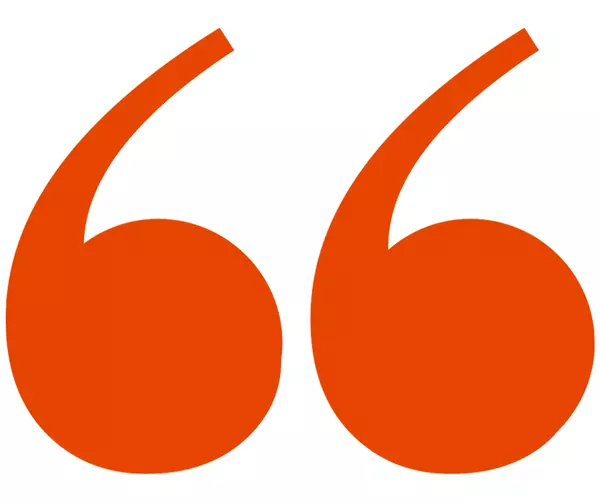
An Email to a Client About Buying and Selling in Our Slow Market
My clients, who want to buy and sell a new home, asked me if it were better to act now or wait until spring. Ultimately, as I'm not omniscient, there is no 'right' answer to give. But this is how I view it - a 'bird in the hand' approach. This email was a couple of weeks ago. My clients, in the

Why Your Portland-Area Home isn't Selling as Fast as You'd Like

VIDEO! Do rising foreclosures mean a crash?
There's been a lot of talk for a year or so about the troubles with the real estate market: the crash is coming, it's 2008 all over again... oh my! Here's one minute of thought on that subject.

Molalla Real Estate Update
Here is the Molalla Real Estate update for December 10th:

Why Do People Think the Real Estate Market Will Crash?
The hot topic in real estate right now is a Crash, à la 2008. I am going to discuss the likelihood of a crash… but not here. In cliffhanger fashion, I will put out another article tomorrow in which I’ll discuss the likelihood of a crash. What I’d like to discuss here is why an imminent real estate
Categories
- All Blogs (15)
- Buyer (7)
- Economics (2)
- Financing (5)
- Holiday (1)
- Investor (3)
- Lake Oswego (1)
- Loan (4)
- Molalla (1)
- Mortgage (4)
- Neighborhoods (1)
- Portland Oregon (2)
- Pre-approval (3)
- Pre-qualify (1)
- Real Estate Knowledge (7)
- Real Estate Market (5)
- Real Estate Terms (1)
- Seller (4)
- Things to do in Portland Oregon (2)
Recent Posts










